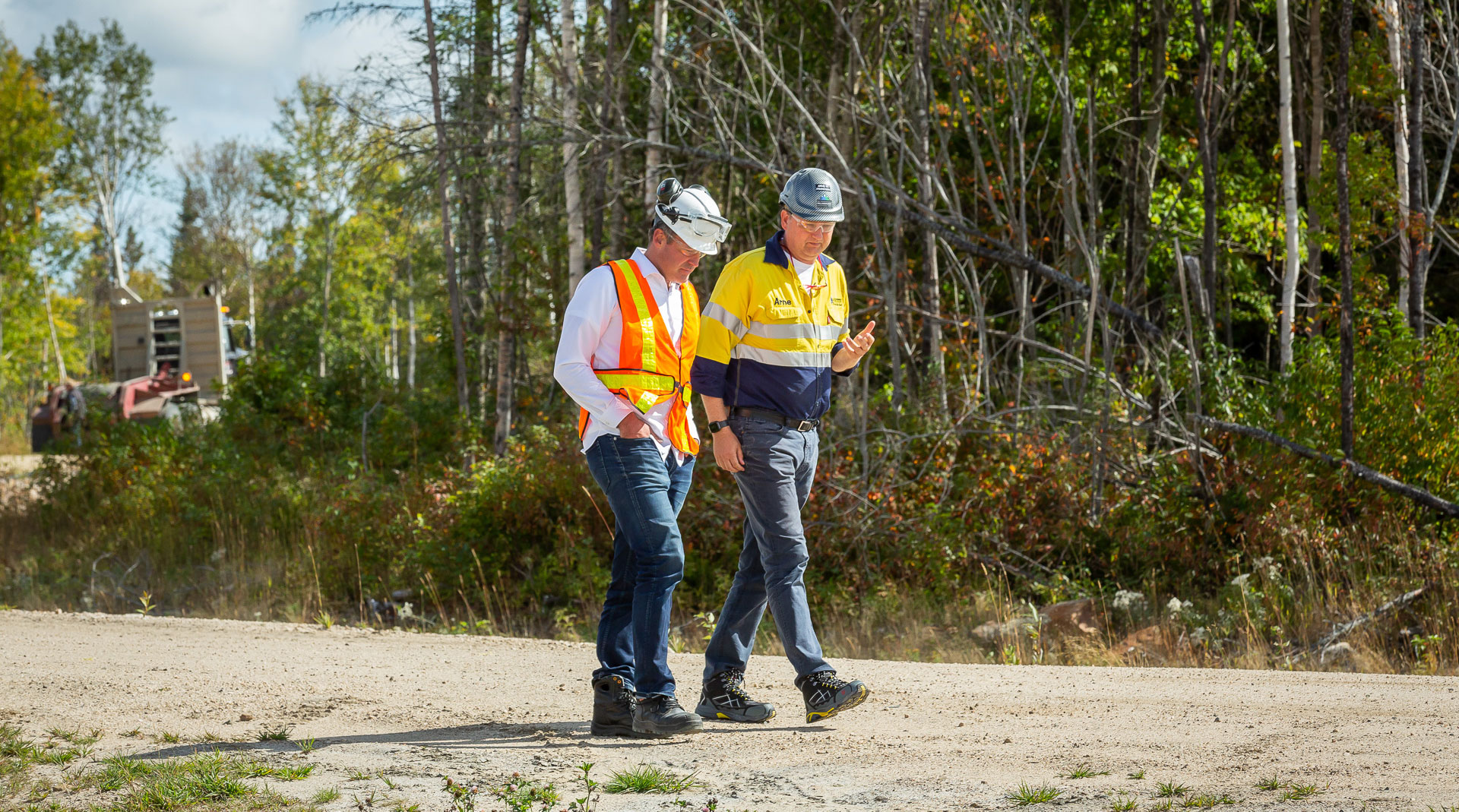
Source: Mining Review: here
Pilanesberg Platinum Mines (PPM), whose assets are located on the northern part of the Western Limb of the Bushveld Complex, could potentially still mine for more than another 60 years after launching a bold Brownfields expansion which will see its Triple Crown properties being exploited from 2023 onwards.
The properties – Sedibelo Central, Magazynskraal and Kruidfontein – host a resource more than 60 Moz 4PGE, representing one of the world’s largest undeveloped PGM deposits. The resource is relatively shallow, extending to 700 m below the surface.
Owned by Sedibelo Platinum Mines, PPM started operations in 2008 and currently produces around 140 000 oz per year of PGM material. It mines both the Merensky and UG2 reefs using open pit methods.
The Triple Crown expansion, announced by Sedibelo in late 2020, will be funded through Sedibelo’s existing cash resources and future cash flow.
The properties will be mined utilising two separate decline shaft systems, with the ore produced supplementing the ore from the continuing open pit operation.
The existing concentrator has the capacity to treat the Triple Crown UG2 and Merensky ore which will be blended and processed through the Merensky plant, thereby reducing capital expenditure, as well as lowering operating cost significantly.
PPM’s workforce of 1 500 employees is expected to grow significantly because of the expansion. More than 60% of the current workforce has been recruited locally and it is anticipated that the new employment opportunities created will mainly be taken up by people from host communities.
In making its announcement on the Triple Crown expansion, Sedibelo gave no figures on the level of production it would allow but Erich Clarke, Sedibelo’s CEO, is on record as saying that it could more than triple Sedibelo’s yearly output of PGMs.
Sedibelo has also announced that it is proceeding with the construction of a 110 000 t beneficiation plant at PPM which will employ cost- and energy-efficient Kell Technology, a hydrometallurgical alternative to smelting that is expected to improve the economic returns of the Triple Crown expansion.
Developed by Keith Liddell, the technology is said to reduce energy consumption by some 82% over conventional smelting, also improving recoveries and lowering operating costs. Liddell, who is a non-executive director of Sedibelo, is a well-known figure in platinum mining circles and in the late 1990s was MD of Aquarius Platinum when it developed the Kroondal mine.
He originally devised the Kell process as a treatment route to address the challenges presented by the chromite contained in UG2 concentrates.
Commenting on the Triple Crown expansion at the time it was announced, Arne H Frandsen, Sedibelo’s chairman, said it would secure the future of the company for decades to come. He added that use of Kell Technology would allow Sedibelo to produce metal and lower its cost profile further. It would also reduce the carbon footprint and water usage of PPM’s operations significantly.
“We trust our environmentally friendly platinum group metals will become an important part of future electrification and the ‘green revolution’, used in fuel cells around the world,” he said.



